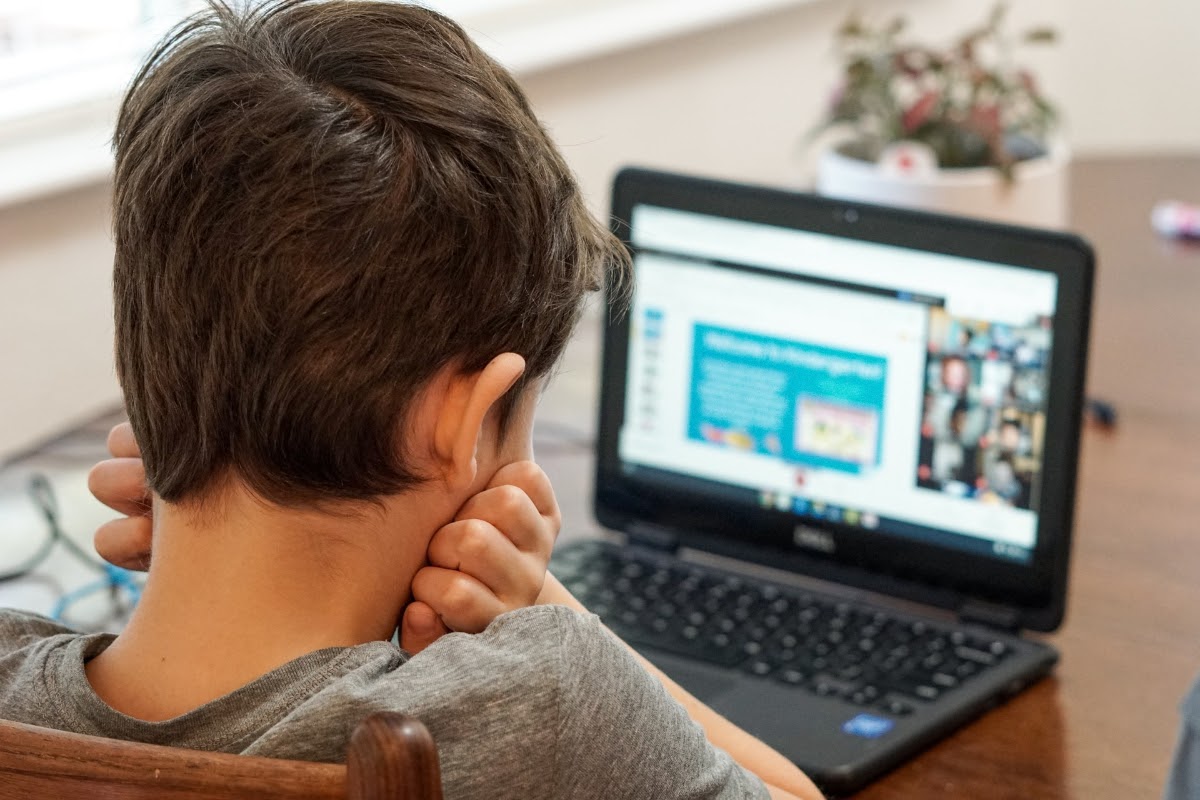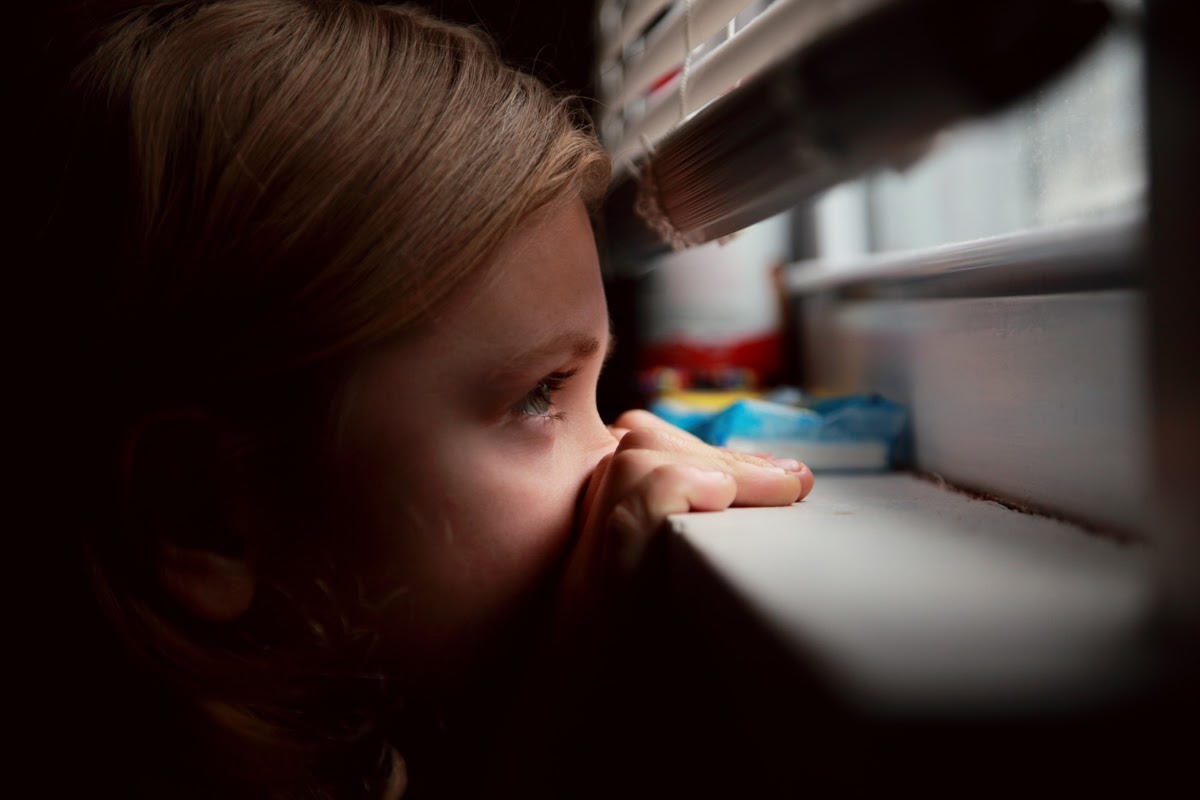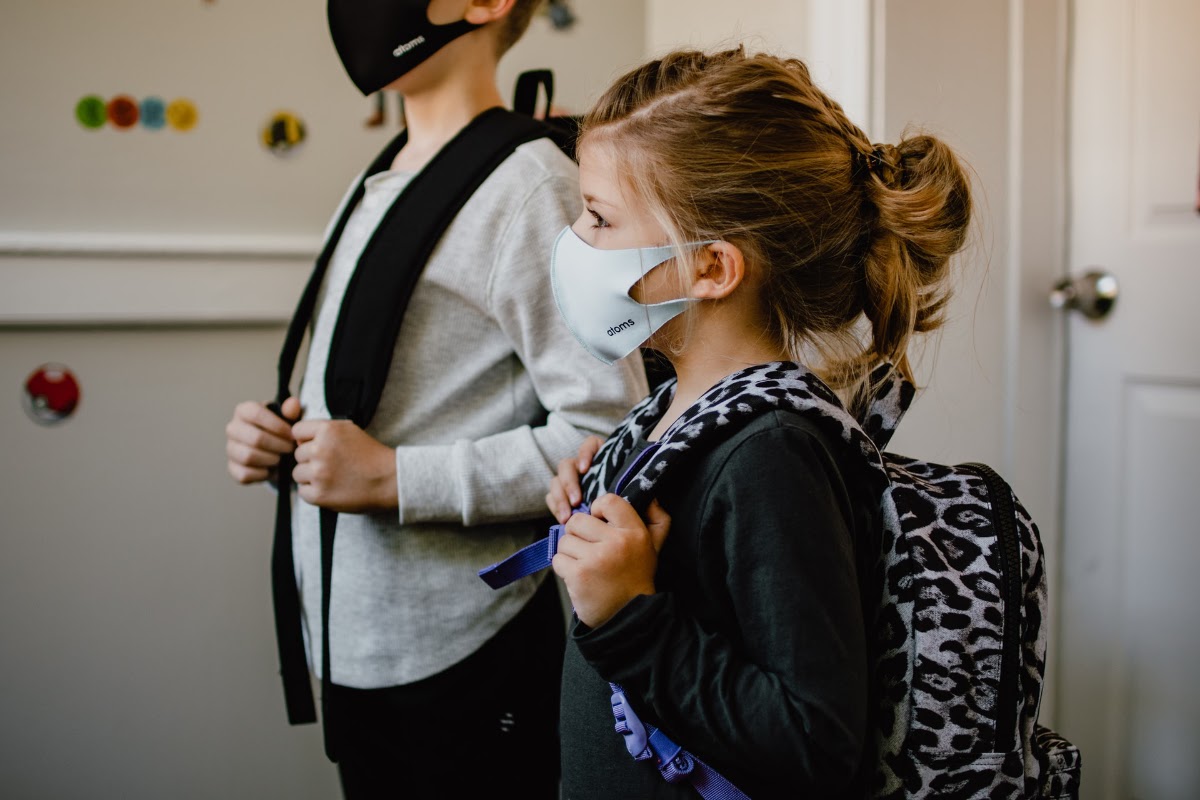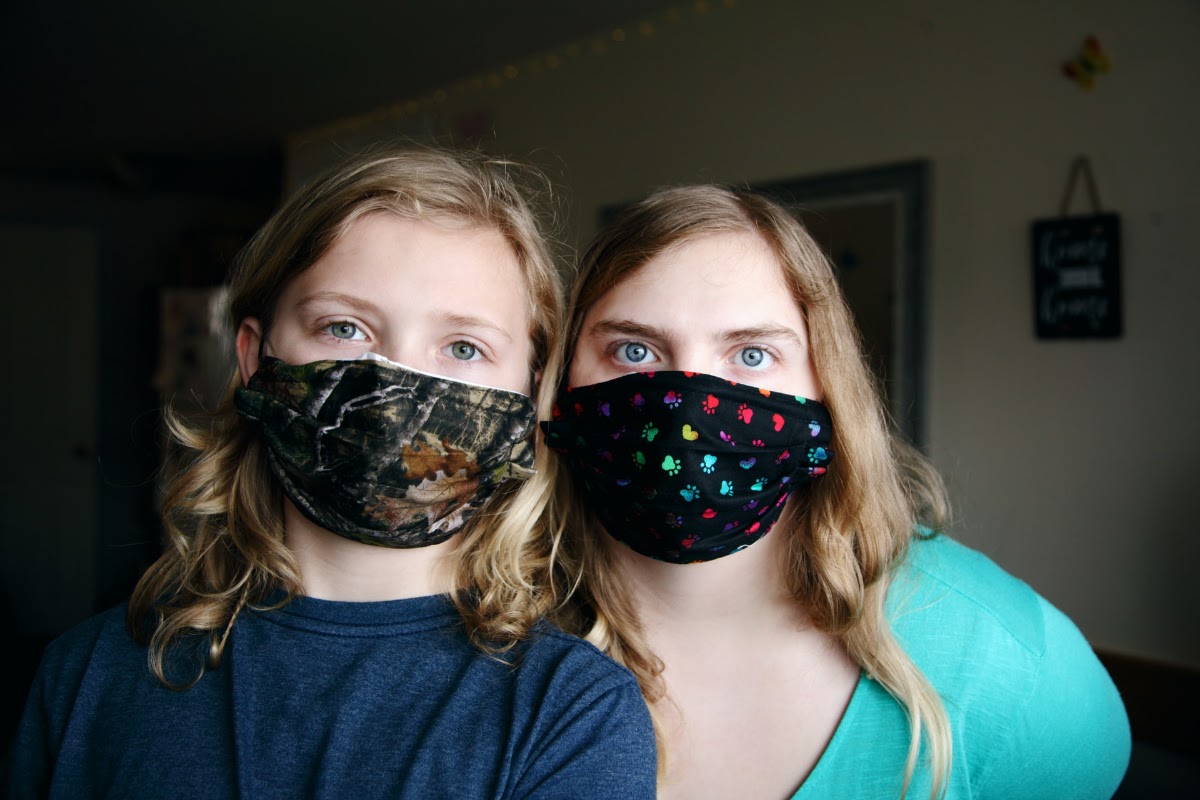The world over the last year has been something many of us have never experienced, and probably never expected to experience. The world hasn’t seen a pandemic like COVID 19 since the influenza pandemic of 1918. And while it sometimes seems like this is just the new normal, the world is finally starting to open back up.
And as the world returns to normal many of us are faced with a brand new challenge. How do we return to normal? After so long being cooped up indoors and wearing a face mask every time we step outdoors it seems daunting to return to the way life once was.
However, if you think the coronavirus pandemic has been jarring for you, it has been exponentially more jarring for your child. So if you are having trouble adjusting back to normal imagine how much harder it is for your child. If you want to find out a simple way to debrief the pandemic with your child and help them make the adjustments back to regular life check out the article below.

Step 1: Recognize the Impact the Pandemic Has Had on Your Child
The Pandemic Has Affected All of Us, Big and Small
Only one third of children aged 11-17 report not feeling burdened by the pandemic. The burden plays itself out in many ways but it manifests oftentimes as anxiety and depression. Which is a discouraging number, nobody wants to imagine that two out of three kids have anxiety or depression because of the pandemic.
But there is good news. There are steps you can take as a parent to alleviate the kind of burden your child is feeling from the pandemic. And as a responsible parent it is appropriate in times like these to take the additional steps necessary to help your child adjust to these trying times. The pandemic has been traumatic enough for those of us who are mature and adjusted to the world, but for a child or teenager all the change has been that much more dramatic. But there is research that points to a methodology you can use to alleviate the suffering felt by your child.

Step 2: Debriefing with Your Child
Opening Up Communication with Your Child is an Important Way to Provide Emotional and Psychological Support
Using a tool known as debriefing can help improve a person’s coping skills. Which is essential for anybody who has undergone first or secondary trauma. Children in the modern world meet the qualifications of being secondary victims of trauma due to the pandemic. A secondary victim is one who experiences the feelings or impact of trauma although they do not directly experience the trauma themselves.
This has happened to almost all of us in the modern world but the kids of every American the past year have been forced to be at home away from their school and held back from engaging in traditional activities–like seeing friends, playing in school sports, or going to birthday parties. This has been an extreme change of circumstances and plays into the trauma that isn’t directly felt from losing their health and life to the pandemic, but having their entire world rearranged because there is so much trauma being felt by others right now.
Debriefing in psychological terms means providing emotional and psychological support immediately following a traumatic event. And since the entire last year counts as a traumatic event you need to provide emotional and psychological support to your child as much as possible during such unusual times. The purpose of debriefing is to prevent the development of post-traumatic stress disorder or other negative outcomes. So it’s important to debrief your child before it develops into an unwanted negative outcome somewhere down the line.

Step 3: Help Your Child Process the Last Year + Look Forward
Focusing on the Future Can Help Reorient Your Child to “Normal” — or the “New Normal”
While very young children may have a difficult time engaging in conversations about complex abstract discussions about economic depression, global pandemics, and quarantines, it is still important to pay attention to their emotional needs.
However, for kids over the age of 7 it is much more possible to engage in discussion about abstract concepts and it’s important to ask them about their experience with the pandemic.
Some questions you might want to ask include:
- How did the pandemic affect them?
- What affected them the most?
- When and how did they first hear about the pandemic?
- When did it feel like it had become a serious issue in their life or in the community around them?
- When did they feel like the low point of everything was?
- How would they describe their personal low point?
- Or ask them what scared them about the pandemic and what about their life was harder because of the pandemic.
Strangely enough you will also want to ask them about anything positive that might have come from the pandemic. Ask them how it affected their schedule and if there is any part of that they might want to keep. Are there any new hobbies or skills they began developing this past year? Ask them about that and how returning to a post pandemic time might affect their schedule and ability to enjoy their new hobbies.
The idea behind debriefing is to do exactly that. Debrief the scenario. So when you sit down and talk with your child make sure to cast as wide a net as possible to make sure you can get to as many of their concerns as possible.

The pandemic has been an enormously trying experience for people of all ages. But for children this past year has been especially difficult. That’s why as a parent it’s important to take the time to debrief everything with your child. Take the time to not only ask them questions but be sure to let them ask questions of you as well. Don’t push them into answering anything they might be uncomfortable about though.
You’ll want to provide a warm nurturing environment that is free from judgement or scorn. These debriefing sessions should be a time for you to allow your child a chance to confront all of the things that have changed in their life this past year so that they might understand them better and process them better when you are done. Doing this should help avoid allowing any of these struggles or difficulties from becoming more serious down the line.
